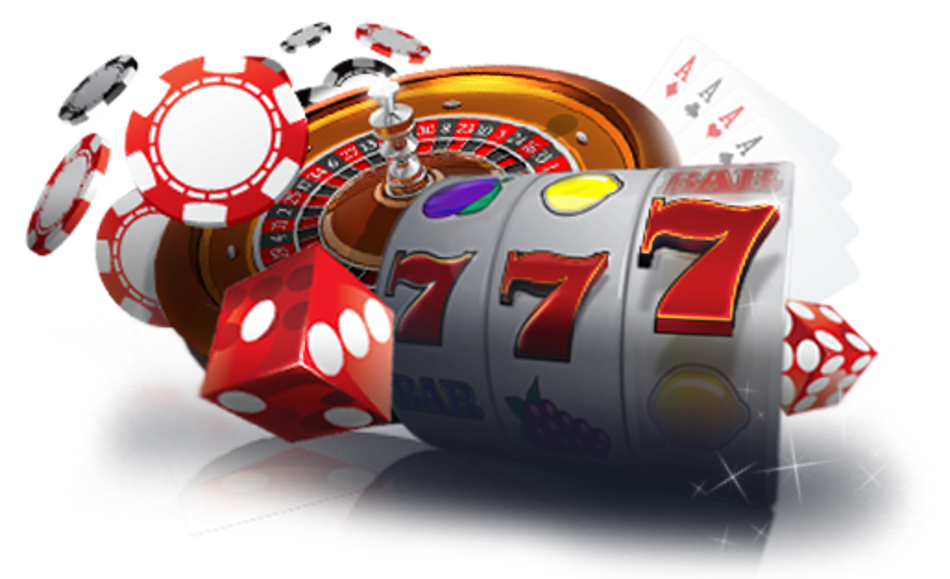
Casino activities have captivated players for decades, luring them into a realm of thrill, luck, and fortune. From the flashing lights of video slots to the strategic action of poker games, these activities offer a distinct blend of entertainment and risk. However, underneath the surface of this glitz and glamour lies a intricate relationship of mathematics that determines every conclusion and choice made within the casino.
Understanding this relationship between gaming activities and mathematics merely boosts the player’s journey but can also help players make knowledgeable decisions. Whether you are a occasional punter or a avid fan, recognizing the math concepts at play can give insightful understandings into chances, ratios, and strategies, finally affecting how one approaches these games of luck.
Mathematical Likelihood in Gambling
In the realm of gambling games, mathematical probability plays a crucial role in determining results and guiding player decisions. Each activity has a specific set of rules and a specific likelihood model that affects its dynamics. For example, in games like roulette, players must understand the probabilities of landing a certain number or shade. The likelihood of specific events happening can be computed, and this understanding can substantially affect betting tactics.
Gambers also need to be cognizant of the house edge, which is the statistical advantage that gambling establishments hold over players in the long term. This advantage varies across various games. In blackjack, skilled players can use strategies to minimize the house edge to as little as one percent, while in activities like slots, the house edge can be much higher. Understanding the casino advantage allows gamblers to make informed decisions about which activities to participate in and how much to wager.
Moreover, likelihood is crucial in the principle of danger versus reward in betting. Each wager carries a specific risk factor, and players must evaluate the possible payout against that danger. Activities like poker require gamblers to not only assess the odds of their own hand winning but also to evaluate the likelihoods of their opponents’ showings. By utilizing statistical principles to their gameplay, gamblers can boost their odds of winning and participate more strategically in the exciting world of gambling activities.
Expected Worth in Gambling Games
When talking about gambling activities, one of the basic concepts rooted in math is the expected worth. This numerical metric assists gamblers grasp the potential outcomes of their bets over a period. In simple terms, anticipated worth (EV) determines the mean amount a gambler can anticipate to win or suffer per bet if they were to play the game repeatedly. Each activity has its unique EV, affected by the probabilities and the house edge, which indicates the benefit that the gambling establishment holds.
For instance, think of a game like roulette. The expected value can be derived based on the specific bet made. UK betting sites not on GamStop If a player bets on a single number, the payout is 35 to 1, but the true chances of success that bet are 1 in 37 (in Euro roulette). This leads in a negative expected worth, indicating that, on average, gamblers will incur a loss money over a period when playing this type of bet. Understanding this concept allows gamblers to make more educated decisions about which games and bets may be less advantageous.
Moreover, the investigation of anticipated worth can lead to better bankroll management. Players who understand the mathematics behind their games are often able to set practical expectations. By recognizing their potential losses and gains, they can adjust their playing strategies accordingly, which may enhance their overall gaming experience overall. As a consequence, anticipated worth serves as a crucial tool for both novice and seasoned players to steer through the frequently volatile character of gambling games.
Tactics and Odds: The Arithmetic Behind Success
In gaming establishments, understanding the probabilities is crucial for gamblers seeking to maximize their opportunities of success. Each game has its own unique set of chances that determine winning outcomes, and these statistics are often found in the gaming rules or payout tables. For case, in activities like blackjack, participants can improve their probabilities through strategies such as card counting, which relies on arithmetic concepts to gain an edge over the establishment. By acquainting themselves with the chances, gamblers can make more knowledgeable decisions on when to wager and when to give up.
Additionally, the principle of expected value holds a critical role in gambling strategies. Expected value calculates the average outcome of a stake over the long run, allowing players to assess whether a certain bet is justifiable taking. For instance, fruit machines have a fixed payout percentage, which can indicate the typical return a participant can expect on their stakes. By opting for activities with better payout percentages, players can minimize the house edge, maximizing their potential returns in the long run.
Finally, successful gamblers often utilize a combination of chance and math strategy to improve their gaming experience. While luck can’t be controlled, managing a betting strategy based on mathematical insights can lead to more positive results. By utilizing techniques such as money management and game selection, participants can leverage mathematics to maneuver through the unpredictable nature of casino games, making the most of their efforts and money at the casino.